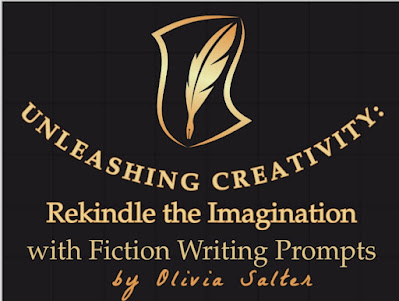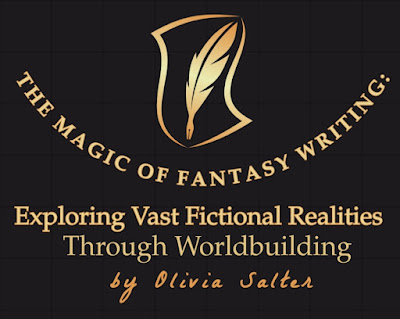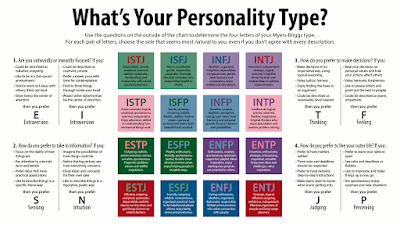We Need Books That Affect Us Like a Disaster: The Impact of Literature on the Human Spirit
by Olivia Salter
We need books that affect us like a disaster, that grieve us deeply, like the death of someone we loved more than ourselves, like being banished into forests far from everyone, like a suicide. A book must be the axe for the frozen sea within us.
-- Franz Kafka
In the realm of literature, there are books that merely entertain us, whisking us away into realms of fantasy or providing a temporary escape from reality. Then there are books that go far beyond mere entertainment. They grip our souls, shake us to our core, and leave an indelible mark on our very existence. These are the books that Franz Kafka alludes to when he speaks of the need for literature to affect us like a disaster, to grieve us deeply, and to shake our innermost being.
Kafka's poignant quote evokes the profound emotional impact that certain books can have on us. He compares this transformative power of literature to intense life experiences, such as the death of a loved one or the isolation of being banished into the depths of a forest. These are events that elicit intense emotions, forcing us to confront the depths of our own existence. Similarly, Kafka sees literature as a vessel that can delve deep into the recesses of our consciousness, breaking through the frozen sea within us.
The first part of Kafka's quote suggests that books should affect us like a disaster. Disasters, whether natural or man-made, have a way of overwhelming us and shattering our sense of security. They plunge us into chaos, reminding us of the fragility of our lives. In the same vein, literature can disrupt our comfortable complacency and challenge our preconceived notions. It can confront us with uncomfortable truths, exposing us to perspectives that we may have never considered. Through the raw power of storytelling, books can act as catalysts for change, challenging us to reevaluate our beliefs and reshape our worldview.
The second part of the quote compares literature to the death of someone we loved more than ourselves. The death of a loved one is an experience that defies comprehension. It forces us to confront our mortality and grapple with profound grief. Similarly, certain books have the power to stir deep emotions within us, evoking empathy and compassion for the lives of fictional characters. Through vivid storytelling, authors can breathe life into their creations, making us feel their joys, sorrows, and struggles. In doing so, literature has the capacity to connect us to the shared human experience, teaching us empathy and expanding our emotional capacity.
Kafka further likens powerful books to being banished into forests far from everyone. The isolation and solitude of the natural world can magnify our emotions, leading to introspection and self-discovery. Similarly, literature can be a solitary journey, immersing us in the thoughts and emotions of characters who grapple with their own dilemmas. As we immerse ourselves in their stories, we confront our own inner demons, hopes, and desires. Books act as mirrors, reflecting our own thoughts and feelings and, in the process, enabling us to better understand ourselves and the world around us.
Lastly, Kafka compares the impact of books to suicide, a devastating act that extinguishes life itself. This provocative analogy suggests that literature can be a means of transformative liberation. Just as suicide can be seen as the ultimate act of escape from unbearable suffering, literature can provide an alternative path for catharsis and release. Through the written word, authors can articulate the unspoken, voice the silenced, and provide solace to readers who may find themselves grappling with their own inner turmoil.
In conclusion, Franz Kafka's powerful quote reminds us of the profound impact that literature can have on the human spirit. Books possess the ability to affect us like a disaster, provoke deep grief, and plunge us into introspective isolation. They can be the axe that breaks through the frozen sea within us, stirring emotions, fostering empathy, and facilitating personal growth. By embracing these transformative books, we open ourselves up to new perspectives, heightened empathy, and a greater understanding of the complexities of the human experience.
Also see:







